The Most Controversial Eurovision Acts And The UK's 2025 Announcement
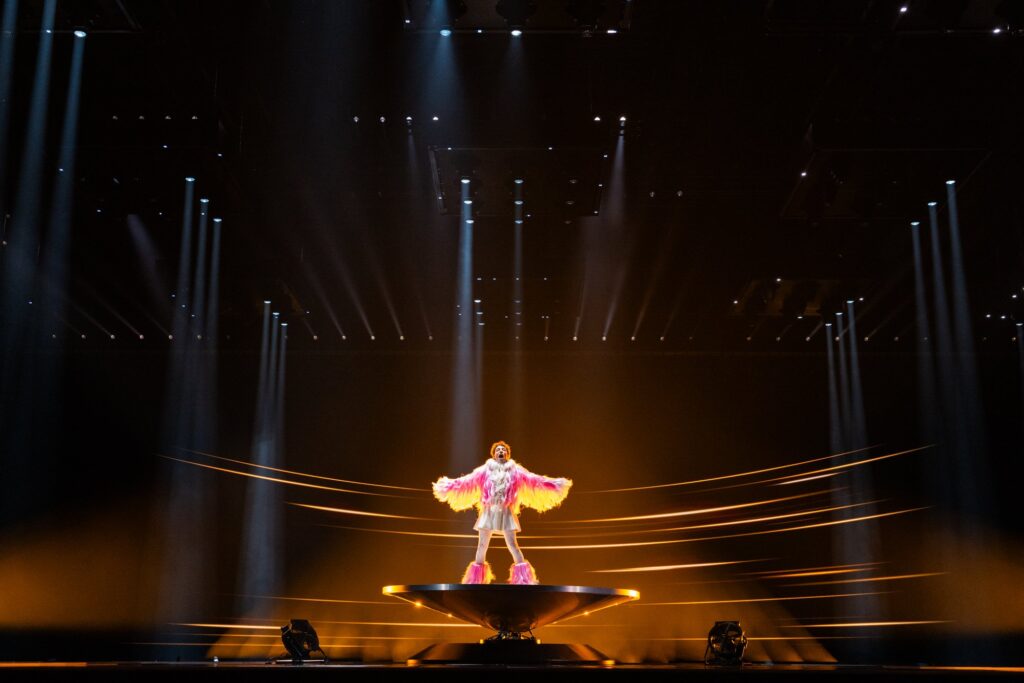
Table of Contents
A History of Eurovision Controversy: Understanding the Outrage
What constitutes a "controversial" Eurovision performance? It's a multifaceted question. Controversy can stem from a range of factors, often intertwined and subject to differing interpretations across cultures. Political statements, overtly provocative staging, lyrics deemed offensive, and even voting irregularities can all ignite intense debate and accusations of bias. Cultural differences play a significant role; what might be considered harmless in one country could cause offense in another. The highly subjective nature of art and performance only adds fuel to the fire.
- Political Statements: Many Eurovision acts have incorporated political messaging, sometimes subtly, sometimes overtly. The display of national flags, songs with veiled political commentary, or even the simple choice of language can spark controversy, particularly in politically charged times.
- Provocative Performances: Stage shows pushing boundaries with nudity, sexually suggestive choreography, or other shocking elements frequently stir debate. The line between artistic expression and gratuitous provocation is often blurred, leading to fierce arguments among viewers and critics.
- Offensive Lyrics or Themes: Lyrics deemed homophobic, nationalist, or otherwise offensive have generated considerable controversy. The interpretation of lyrics is often debated, with some defending artistic freedom while others condemn the messaging.
Infamous Eurovision Acts That Sparked Debate
Several Eurovision performances have entered the annals of history as particularly controversial. Let's examine a few:
Case Study 1: Verka Serduchka – "Dancing Lasha Tumbai" (Ukraine, 2007)
This performance, while ultimately placing second, sparked controversy due to its ambiguous lyrics, with some believing the phrase "Lasha Tumbai" sounded suspiciously like a Russian phrase meaning "Russia, goodbye." This interpretation, combined with the performance's unique blend of humor and satire, fueled accusations of political messaging and anti-Russian sentiment, particularly amidst ongoing geopolitical tensions. The controversy became a full-blown "Eurovision scandal," generating headlines and debates for years after the event.
- The Act: "Dancing Lasha Tumbai" by Verka Serduchka (Andriy Danylko).
- The Controversy: Allegations of hidden anti-Russian messaging.
- Public Reaction: Mixed reactions, ranging from enthusiastic support to outrage and accusations of political manipulation.
- Long-Term Consequences: Enhanced Verka Serduchka's international fame, and cemented its place in Eurovision's controversial history.
Case Study 2: The "Running Scared" Controversy (Azerbaijan, 2011)
Ell & Nikki's win with "Running Scared" was met with accusations of vote-rigging, particularly from commentators in other countries. While these accusations lacked definitive proof, they highlighted a persistent concern regarding voting patterns and the potential for political influence in the Eurovision Song Contest. This controversy continues to be discussed among Eurovision fans, underscoring a need for transparency and fair voting practices in the competition.
- The Act: "Running Scared" by Ell & Nikki.
- The Controversy: Accusations of vote-rigging and political manipulation.
- Public Reaction: Widespread suspicion and debate among viewers and commentators across participating countries.
- Long-Term Consequences: Renewed calls for reform in the voting system, and lingering questions about the fairness of the competition.
Case Study 3: Jamala – "1944" (Ukraine, 2016)
Jamala's powerful ballad, referencing the deportation of Crimean Tatars by Stalin, was both praised for its artistry and criticized for its overtly political nature. This controversial Eurovision performance sparked debate about the role of politics in a musical competition and ignited tensions between competing countries.
- The Act: "1944" by Jamala.
- The Controversy: Openly political lyrics referencing a historical tragedy.
- Public Reaction: Division among viewers and commentators; some lauded the song's powerful message, others criticized its political nature within the contest.
- Long-Term Consequences: Showcased the contest as a platform for political expression, further blurring the lines between art and politics in Eurovision.
The UK's Eurovision 2025: A Stage for Controversy?
The UK's victory in 2022, with Sam Ryder's "Space Man," means they're hosting Eurovision 2025. This presents both opportunities and challenges. The UK has a mixed history in the contest; while they've won five times, they've also experienced their share of both success and less-than-stellar results. Hosting the event opens the door to potential controversies, particularly given the UK's complex geopolitical landscape.
- Political Implications: The UK's hosting could become a political stage, potentially attracting protests or heightened scrutiny from various groups and countries.
- Potential Controversial Acts: The BBC, as the broadcaster, will have a role in selecting acts that minimize potential controversy, but some acts may still push boundaries.
- BBC's Role: The BBC will face the challenge of balancing artistic freedom with the need to avoid potentially offensive content or politically charged performances.
Predicting the Future: Will Eurovision 2025 be Controversial?
Predicting the future of Eurovision is always tricky. While the BBC will likely strive to minimize controversy, the very nature of the competition makes it a breeding ground for unexpected incidents. Evolving social norms and sensitivities mean what's considered controversial today may be acceptable tomorrow, or vice versa. The international nature of the event ensures differing cultural interpretations, leading to inevitable debate. Eurovision 2025 might well become another chapter in the history of controversial Eurovision acts.
Conclusion
From political statements to provocative performances and voting controversies, the Eurovision Song Contest has a rich history of generating debate. The UK's hosting of Eurovision 2025 presents a unique opportunity – and potential challenges – as it could become another chapter in this history of controversial Eurovision performances. The BBC's role in selecting and managing acts will be crucial in navigating this delicate balance. Stay tuned for more updates on Eurovision 2025 and its potential to become another chapter in the history of controversial Eurovision acts! Share your thoughts on the most controversial Eurovision performances in the comments below.

Featured Posts
-
 The Switzerland Trail Unveiling Boulder Countys Mining Heritage
May 18, 2025
The Switzerland Trail Unveiling Boulder Countys Mining Heritage
May 18, 2025 -
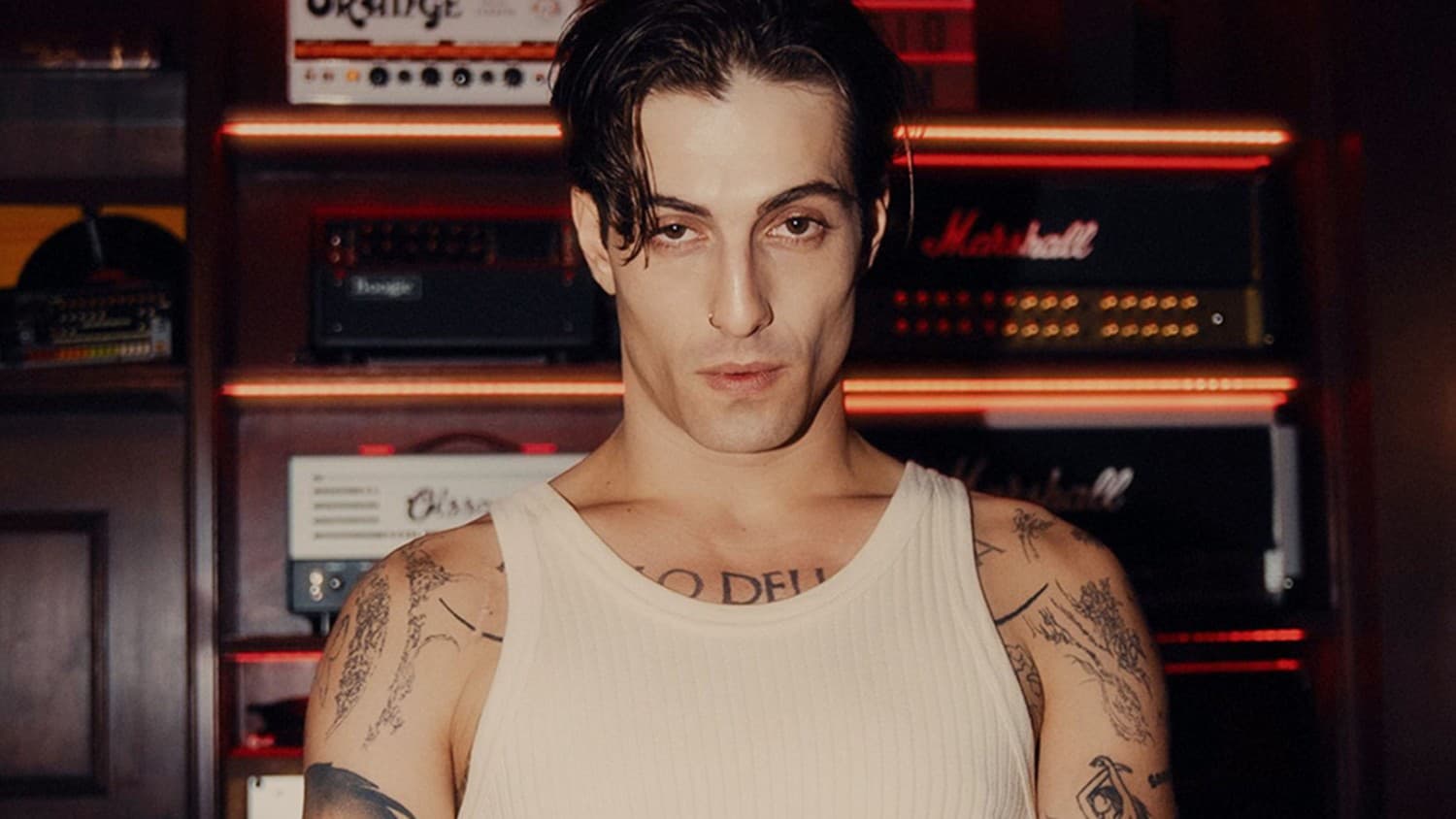 Funny Little Fears By Damiano David Album Review And Track By Track Analysis
May 18, 2025
Funny Little Fears By Damiano David Album Review And Track By Track Analysis
May 18, 2025 -
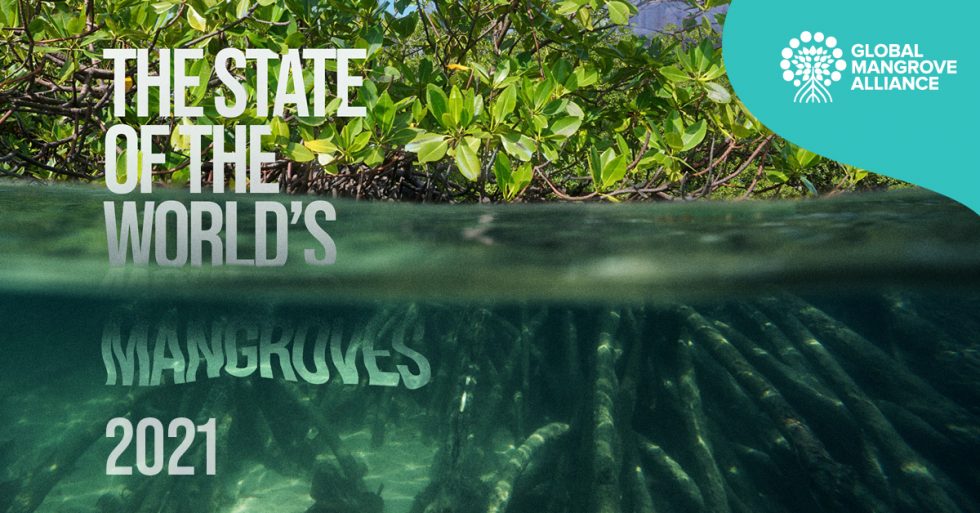 Ocean Current Slowdown Implications For Us Coastal Areas
May 18, 2025
Ocean Current Slowdown Implications For Us Coastal Areas
May 18, 2025 -
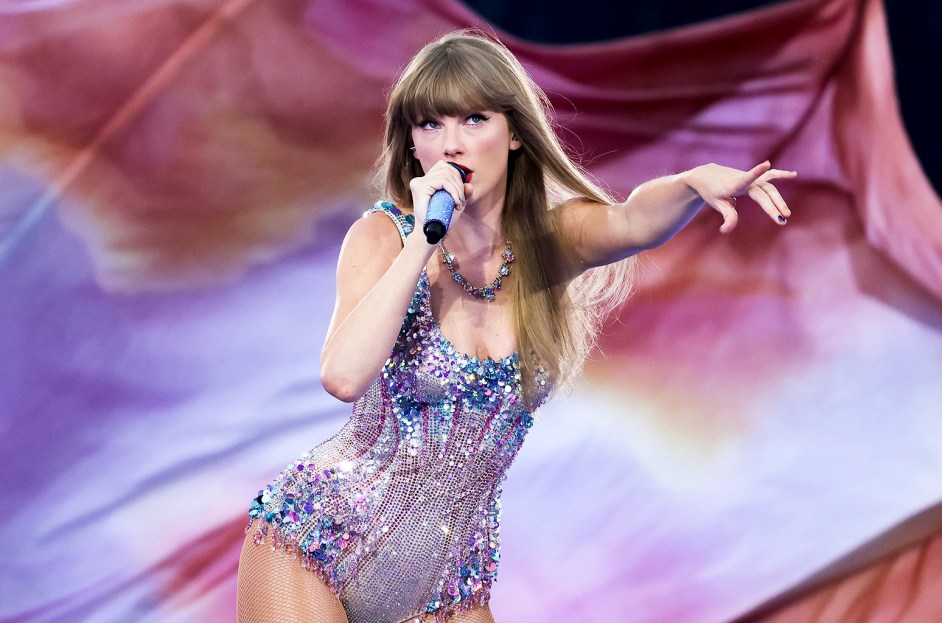 Taylor Swift Re Recordings Ranked A Comprehensive Guide To The Taylors Version Albums
May 18, 2025
Taylor Swift Re Recordings Ranked A Comprehensive Guide To The Taylors Version Albums
May 18, 2025 -
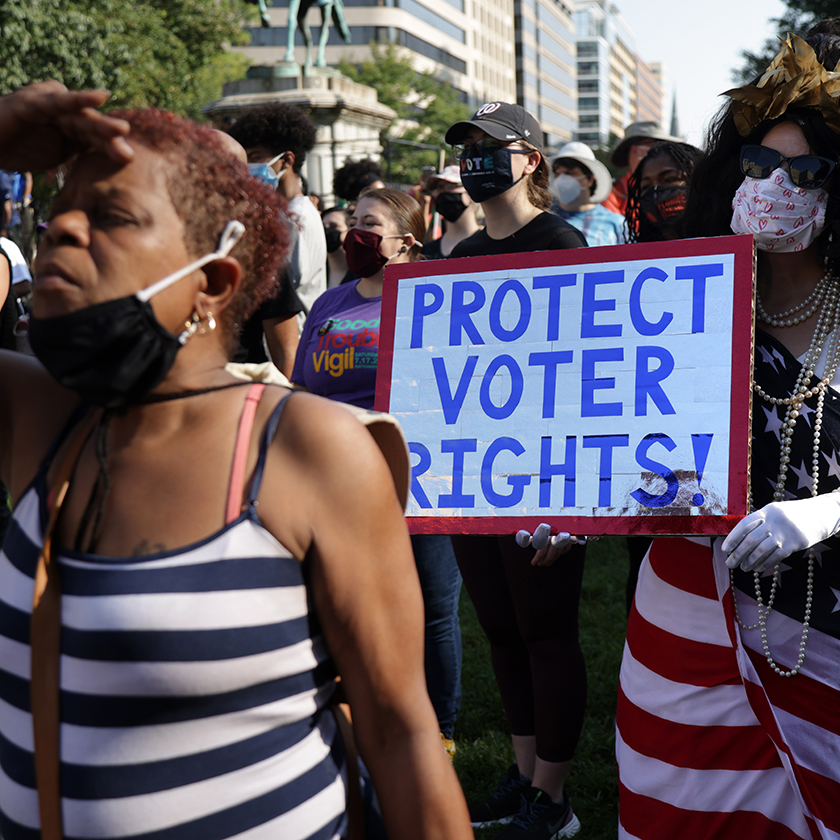 Medicaid Cuts A Republican Rift
May 18, 2025
Medicaid Cuts A Republican Rift
May 18, 2025
Latest Posts
-
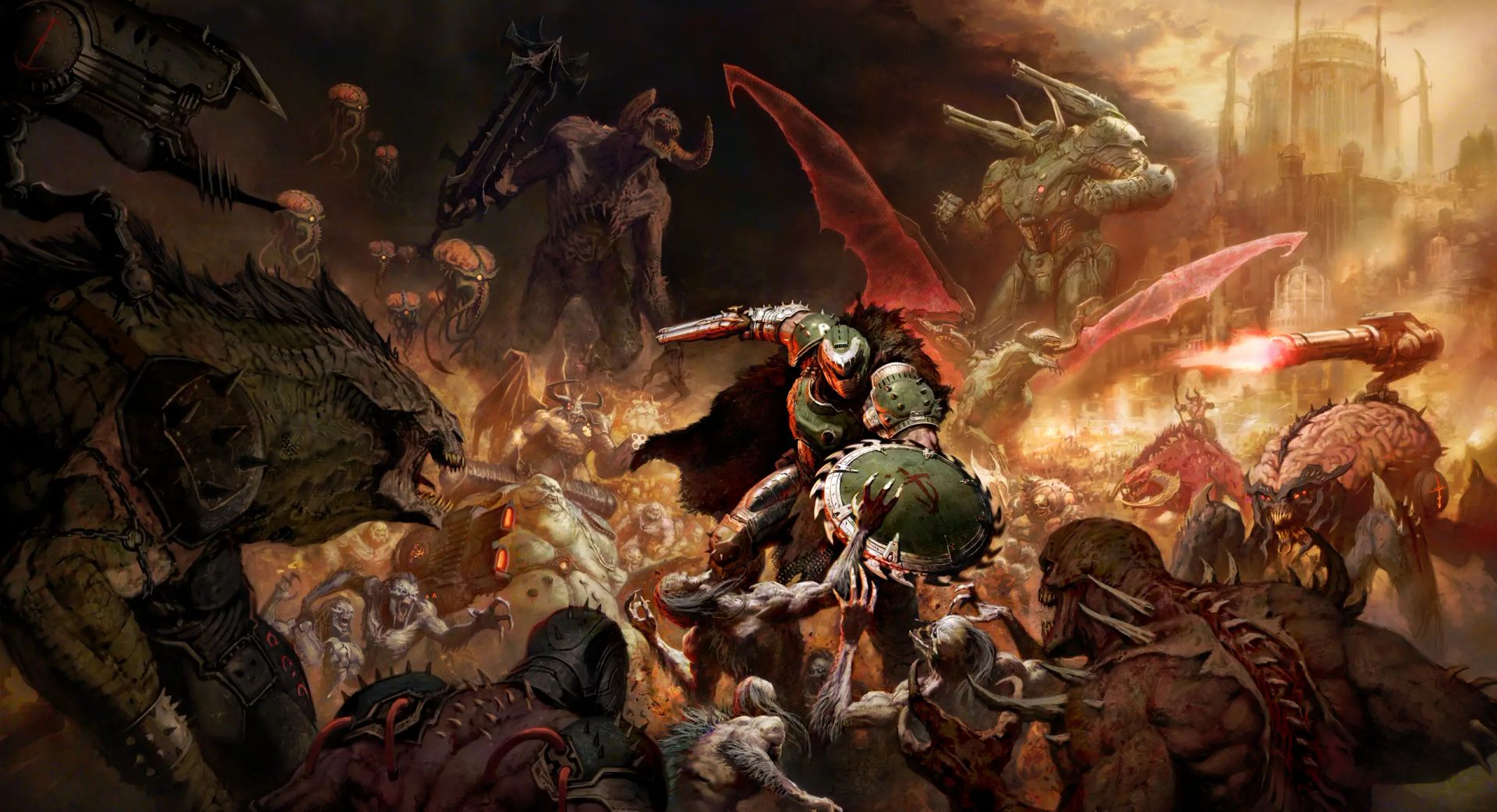 Doom The Dark Ages A Deeper Dive Into Gore Glory And Strategy
May 18, 2025
Doom The Dark Ages A Deeper Dive Into Gore Glory And Strategy
May 18, 2025 -
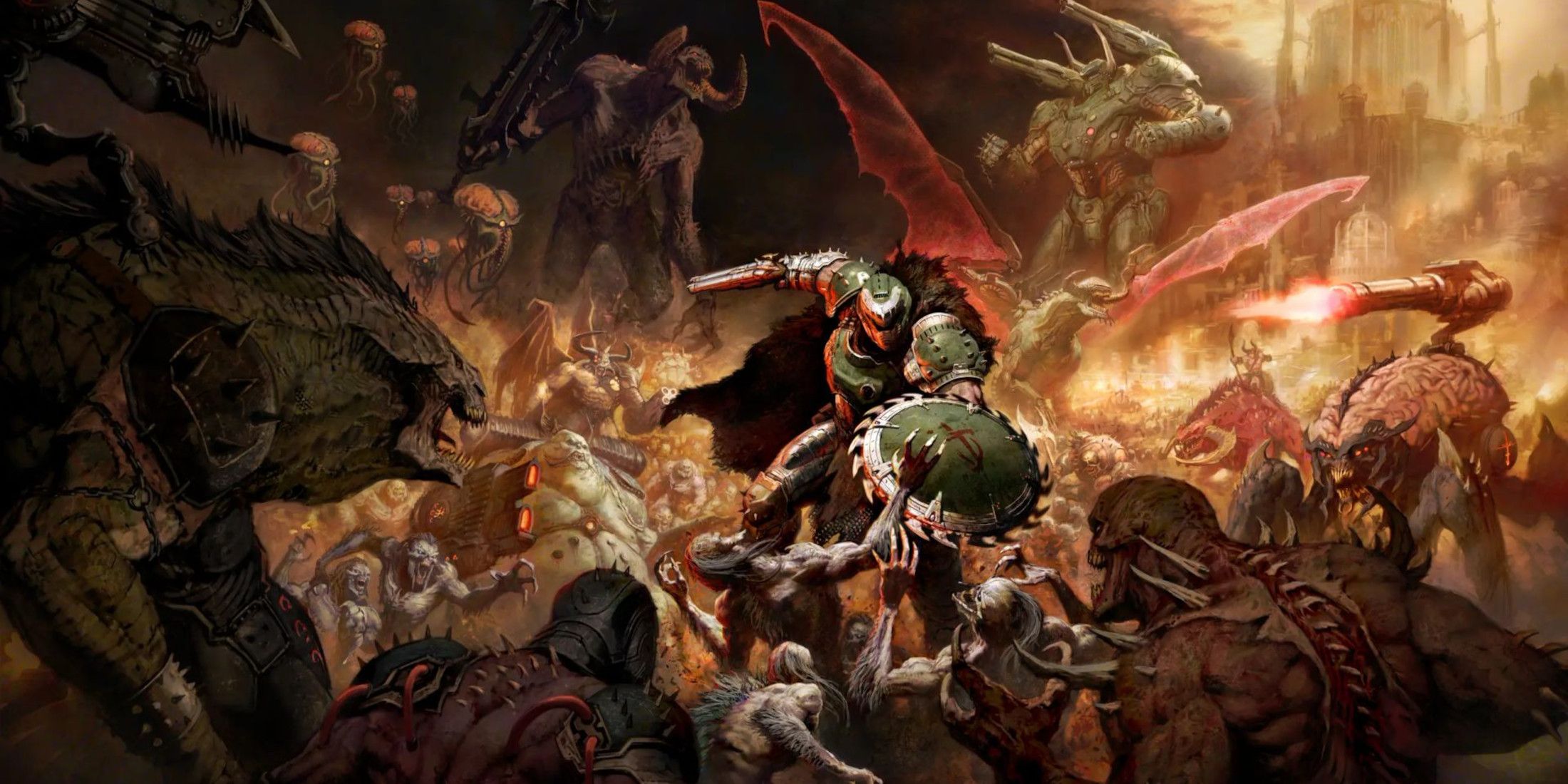 Doom The Dark Ages For Lovers Of Brutal Combat And Strategic Gameplay
May 18, 2025
Doom The Dark Ages For Lovers Of Brutal Combat And Strategic Gameplay
May 18, 2025 -
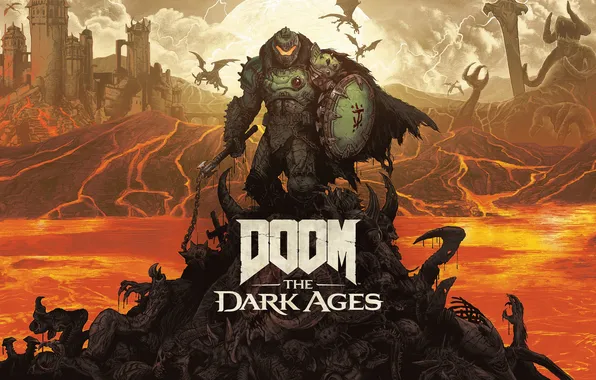 Doom The Dark Ages A Game For All Players
May 18, 2025
Doom The Dark Ages A Game For All Players
May 18, 2025 -
 Chat Gpts Ai Coding Agent Benefits And Potential Drawbacks
May 18, 2025
Chat Gpts Ai Coding Agent Benefits And Potential Drawbacks
May 18, 2025 -
 The Impact Of Chat Gpts Ai Coding Agent On Software Development
May 18, 2025
The Impact Of Chat Gpts Ai Coding Agent On Software Development
May 18, 2025
